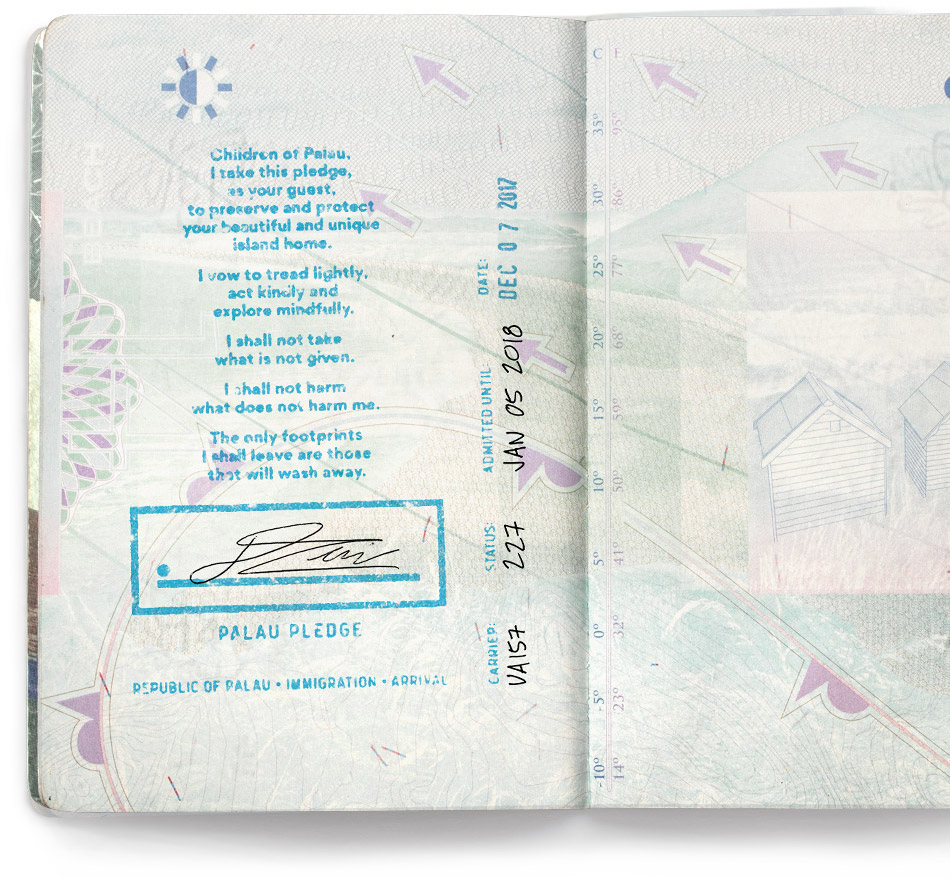By Jay Farrell
Imagine looking out an airplane window and catching the first glimpse of your tropical island destination. A tiny speck of green in a vast sea of blue. It’s a vision of beauty, isolation, and fragility. Then, the plane lands. Immediately, your focus shifts to details and you lose the big picture.
I would imagine seeing Earth from space is a similar experience. A speck of blue in the vast blackness of space. It emanates serenity, but for only as long as it stays in focus. Consumed by the details of daily life, we don’t see the fragile beauty of our planet. Earth Day helps us keep it in focus.
Earth Day celebrates the planet we all call home, an island in space. It reminds us all to be better stewards of our environment. For foresters, Earth Day affirms the work they do every day to protect and manage the world’s greatest renewable resource. Trees clean air, filter water, provide shade, and store carbon. They also provide us with forest products, opportunities for recreation, and space to reconnect with ourselves and our communities. It’s no wonder that tree planting is a popular Earth Day activity.
Looking back on my career in forestry, nothing has been more impactful than visiting the islands of Palau, Guam, and Saipan. Every benefit that trees provide is magnified and every threat is more urgent in an isolated island ecosystem.
When you walk the forests of Guam, the silence is palpable. The brown tree snake was introduced as an invasive species, and within decades, had destroyed most of the bird populations on the island. The trees that relied on birds to spread their seeds began to decline.

Another invasive species, the rhinoceros beetle, threatens to eliminate the iconic coconut tree. These beetles thrive without birds to feed on them. Fortunately, Guam has an excellent forestry agency working with other trained professionals to fight invasive species. They also plant trees on steep slopes to prevent soil erosion that would otherwise destroy coral reefs.
Islands are microcosms of Earth with interconnected ecosystems and economies. If coconut trees and coral reefs die, so goes food security and the tourism so vital to island economies. If a species of bird no longer exists, the impacts to other plant and animal species are profound.
To protect its ecosystems and economies, Palau became the first nation in the world to issue visas only to visitors who sign an eco-pledge. By signing the passport pledge, visitors promise to act in ecologically and culturally responsible ways while on the island:
Children of Palau,
I take this pledge,
as your guest,
to preserve and protect,
your beautiful and unique
island home.
I vow to tread lightly,
act kindly and
explore mindfully.
I shall not take
what is not given.
I shall not harm
what does not harm me.
The only footprints
I shall leave are those
that will wash away.
Palau’s eco-pledge helps visitors focus on what matters so that they may travel with intention. In this and other more obvious ways, the Palau pledge typifies the value in celebrating Earth Day. Today is our annual reminder to keep the Earth, our forests, and all that we treasure outdoors in focus.
Student art projects are a great source of Earth Day inspiration. One wonderfully creative illustration used thought bubbles to depict what the Earth thought of different actions. Like the Palau Pledge, this was a simple message with a powerful impact.
For you, maybe making a pledge to reduce, reuse, and recycle will give you the resolve to shrink your carbon footprint. Maybe, for you, the act of planting a tree will remind you of the power you hold to shape a better and greener future. Whatever activity you land on, celebrate Earth Day with intention. With a little more focus, we all can contribute to a healthier, safer planet.
Jay Farrell is NASF’s executive director. He can be reached by email at jfarrell@stateforesters.org.

